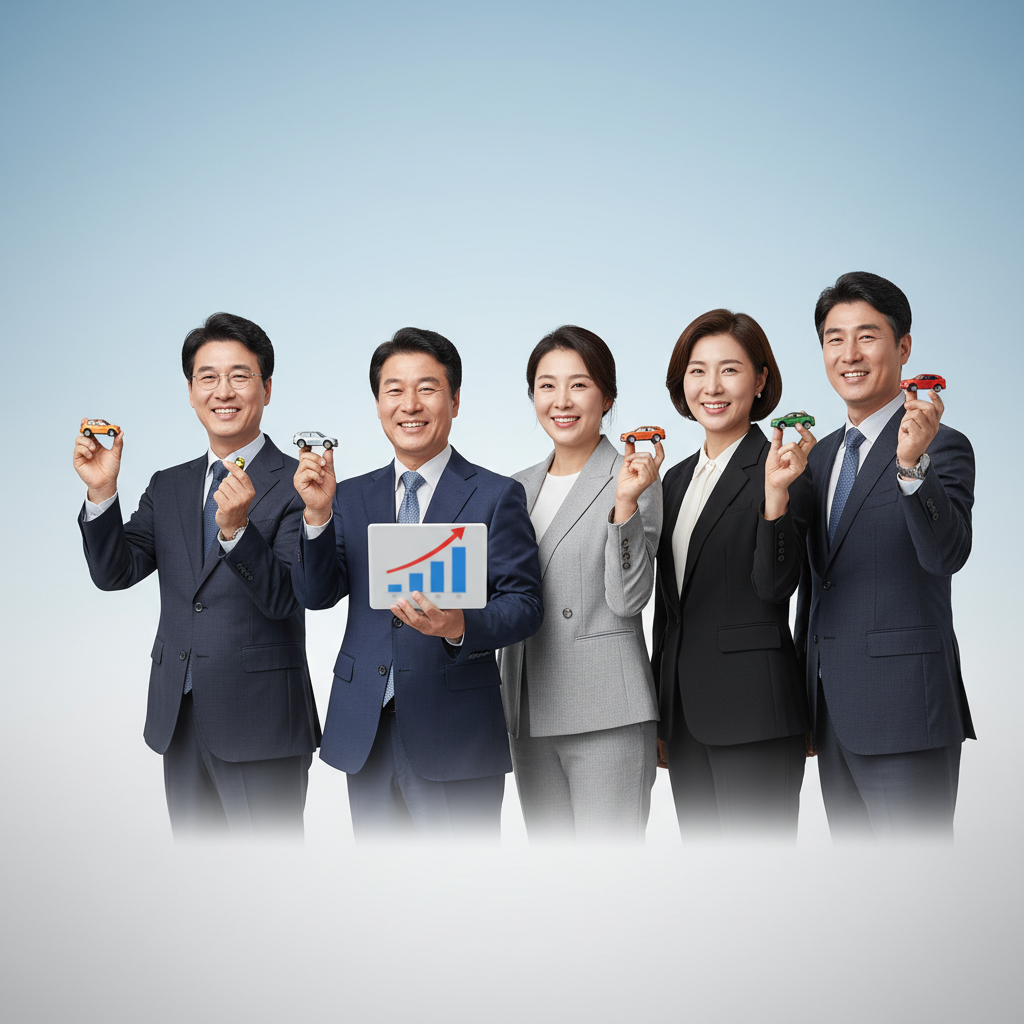Car Tariffs Slashed to 15%, a Green Light for Exports

Car Tariffs Slashed to 15%, a Green Light for Exports
A dramatic breakthrough in US-Korea tariff negotiations will see automobile tariffs soon reduced from 25% to 15%. The successful conclusion of tariff talks, which had been dragging on for nearly three months, means that tariffs on automobiles and auto parts, previously at 25%, will be lowered to 15%. This comes as welcome news to the domestic automotive industry, which had been facing concerns about price competitiveness and declining profitability. It is expected to have a positive impact on the export market moving forward. In particular, this agreement is expected to significantly contribute to strengthening the competitiveness of the South Korean automotive industry, and attention is focused on whether it can inject vitality into the sluggish export market.
Kim Yong-beom, Chief of Staff for Policy at the Presidential Office, announced that automobile and auto parts tariffs will be reduced to 15% as a result of the US-Korea tariff agreement. He also emphasized that by lowering tariffs on automobiles, South Korea's largest export item to the US, to the same level as Japan and the EU, a more level playing field has been secured. This is expected to provide much-needed relief to the domestic automotive industry, which has been struggling with high tariff barriers, as well as positively impact its competitiveness in the global market. Chief of Staff Kim Yong-beom's remarks suggest that this agreement is not just a simple tariff reduction, but an important stepping stone for the future of the South Korean automotive industry.
Hyundai Motor Group released a statement immediately after the news of the US-Korea tariff agreement broke, expressing gratitude for the government's efforts. Hyundai Motor Group's response is a prime example of how much this agreement is expected to improve the business environment for companies. Hyundai Motor Group, which has been facing difficulties due to high tariffs, is expected to strengthen its competitiveness in the US market through this tariff reduction. In addition, Hyundai Motor Group is expected to pursue more aggressive investment and export strategies based on this agreement. This is also expected to have a positive impact on the overall South Korean economy.
The government must go through parliamentary procedures for final signing with the United States, and plans to submit a bill next month and realize retroactive application of tariff reductions as soon as possible. This demonstrates how seriously the government views this US-Korea tariff agreement. The government plans to work with the National Assembly to pass the relevant bill as quickly as possible and ensure that the tariff reduction effects are immediately apparent. Furthermore, the government is expected to use this tariff reduction as an opportunity to further strengthen South Korea's export competitiveness and pursue various policies to promote economic growth.
In addition to the automobile tariff reduction, the US-Korea tariff agreement also includes an agreement to promote the US shipbuilding reconstruction project, 'MARAD,' with an investment of $150 billion led by South Korean companies, including loans and guarantees for the investment. This is expected to provide South Korean companies with more opportunities to operate actively in the US market, as well as contribute to securing new growth engines. In particular, the 'MARAD' project is expected to inject new vitality into the South Korean shipbuilding industry and positively impact the development of related industries. This investment cooperation is expected to further strengthen economic cooperation between the two countries.
The agreement is scheduled to take effect as early as December 1st. The contents of this agreement, once the MOU signed by the US and South Korea is reported to the National Assembly, will be retroactively applied based on the 1st of that month, and may take effect as early as December 1st. This is the result of efforts by both countries to ensure that the tariff reduction effects are realized as quickly as possible. If the tariff reduction is applied immediately, it is expected to have a positive impact on the domestic automotive industry as well as related industries. In addition, consumers will be able to purchase cars at lower prices, which is expected to contribute to the recovery of consumer sentiment.
